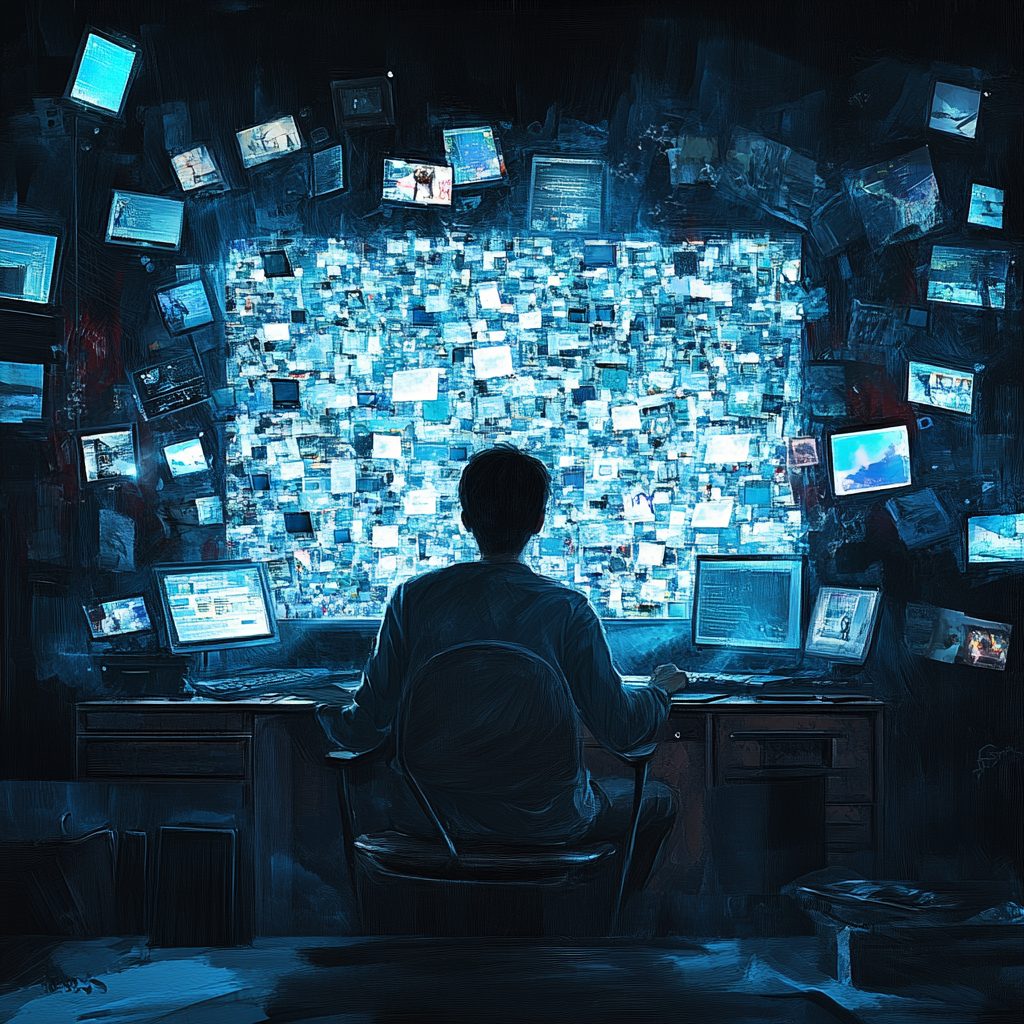When ChatGPT suddenly went offline on June 4, 2024, it didn’t just cause frustration, it revealed something much bigger. People aren’t just using AI at work anymore. They’re depending on it.
For years, most people thought AI tools like ChatGPT were just helpful add-ons, extra support you could live without. But this unexpected outage flipped that thinking on its head. The truth? AI is no longer optional. It has quietly become the backbone of modern work.
The Day ChatGPT Went Dark
On that day, ChatGPT experienced a large-scale outage that affected both free and paid users around the world, with the impact being immediate. The tool that millions rely on to write emails, solve coding problems, brainstorm ideas, and summarize documents simply vanished for several hours.
The reaction was swift. Social media exploded with posts from people who suddenly felt stuck, unable to continue their tasks. Workers scrambled for alternatives, and many realized they had no backup. The situation became so widespread that it sparked serious questions about whether we’ve grown too dependent on AI.
One user’s comment captured the feeling perfectly:
“It’s not just that I use ChatGPT—it’s that I don’t know how to work without it anymore.”
This wasn’t just about losing a tool. It was about losing a key part of how work gets done today.
AI’s Quiet Takeover
What the outage really exposed was something most people weren’t openly discussing: AI has quietly become everyone’s personal assistant.
In many companies, employees use ChatGPT to speed up their work. Some rely on it to draft reports. Others use it to create marketing content, prepare presentations, or even answer customer queries. Many users had been using AI regularly but didn’t talk about it—until the outage made it clear just how much they depend on it.
You can read more about this fascinating moment in the original article here.
How Serious Was It?
According to OpenAI, the outage hit both web and desktop versions of ChatGPT. It was a global issue that lasted long enough to disrupt workflows and daily routines for millions. The incident became a trending topic as people shared memes, panic posts, and real frustrations over losing a tool that has become essential.
The takeaway? AI isn’t just the future—it’s already part of how we work right now. And when it’s gone, the gap it leaves behind is impossible to ignore.
Quick Q&A: What People Are Asking
Q: How did the ChatGPT outage affect businesses?
A: The outage slowed down or completely paused work for many businesses. Teams that use AI to draft emails, summarize documents, write code, or manage customer conversations were left scrambling. It showed that companies need to think about what happens when key AI tools suddenly become unavailable.
Q: Are we becoming too dependent on AI?
A: Possibly. The outage revealed that many people and businesses now rely so heavily on AI that they can’t easily switch to manual processes when needed. It’s a good time to ask: Should we have backup systems or alternative tools in place in case this happens again?
We’d love to hear your thoughts! Please leave a comment below and let us know—are we leaning too much on AI, or is this just the natural way work is evolving?
👉 Sign up for our AI Newsletter to get simple, practical updates on how AI is changing the way we work. We share useful trends, tips, and real-world applications—straight to your inbox.
If you’re looking to bring AI into your own business workflows, click here to explore our AI Consulting Services. We can help you build smart, reliable systems that won’t leave you stuck when things go down.


